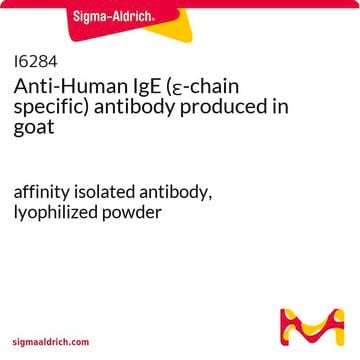L5777
N-Lauroilsarcosina sodium salt
BioXtra, ≥97% (TLC)
Sinónimos:
N-Dodecanoil-N-metilglicina sodium salt, Sarkosyl NL
About This Item
Productos recomendados
description
anionic
Quality Level
product line
BioXtra
assay
≥97% (TLC)
form
powder
mol wt
micellar avg mol wt 600
average mol wt 600
aggregation number
2
impurities
≤0.1% Insoluble matter
≤0.1% Phosphorus (P)
CMC
14.6 mM (20-25°C)
solubility
H2O: 0.1 M, clear, colorless to very faintly yellow
cation traces
Al: ≤0.0005%
Ca: ≤0.01%
Cu: ≤0.0005%
Fe: ≤0.005%
K: ≤0.01%
Mg: ≤0.005%
NH4+: ≤0.05%
Pb: ≤0.01%
Zn: ≤0.0005%
SMILES string
[Na+].CCCCCCCCCCCC(=O)N(C)CC([O-])=O
InChI
1S/C15H29NO3.Na/c1-3-4-5-6-7-8-9-10-11-12-14(17)16(2)13-15(18)19;/h3-13H2,1-2H3,(H,18,19);/q;+1/p-1
InChI key
KSAVQLQVUXSOCR-UHFFFAOYSA-M
¿Está buscando productos similares? Visita Guía de comparación de productos
General description
Application
Other Notes
signalword
Danger
hcodes
Hazard Classifications
Acute Tox. 2 Inhalation - Eye Dam. 1 - Skin Irrit. 2
Storage Class
6.1A - Combustible acute toxic Cat. 1 and 2 / very toxic hazardous materials
wgk_germany
WGK 1
flash_point_f
512.6 °F - closed cup
flash_point_c
267 °C - closed cup
ppe
Eyeshields, Gloves, type N95 (US)
Certificados de análisis (COA)
Busque Certificados de análisis (COA) introduciendo el número de lote del producto. Los números de lote se encuentran en la etiqueta del producto después de las palabras «Lot» o «Batch»
¿Ya tiene este producto?
Encuentre la documentación para los productos que ha comprado recientemente en la Biblioteca de documentos.
Los clientes también vieron
Nuestro equipo de científicos tiene experiencia en todas las áreas de investigación: Ciencias de la vida, Ciencia de los materiales, Síntesis química, Cromatografía, Analítica y muchas otras.
Póngase en contacto con el Servicio técnico












